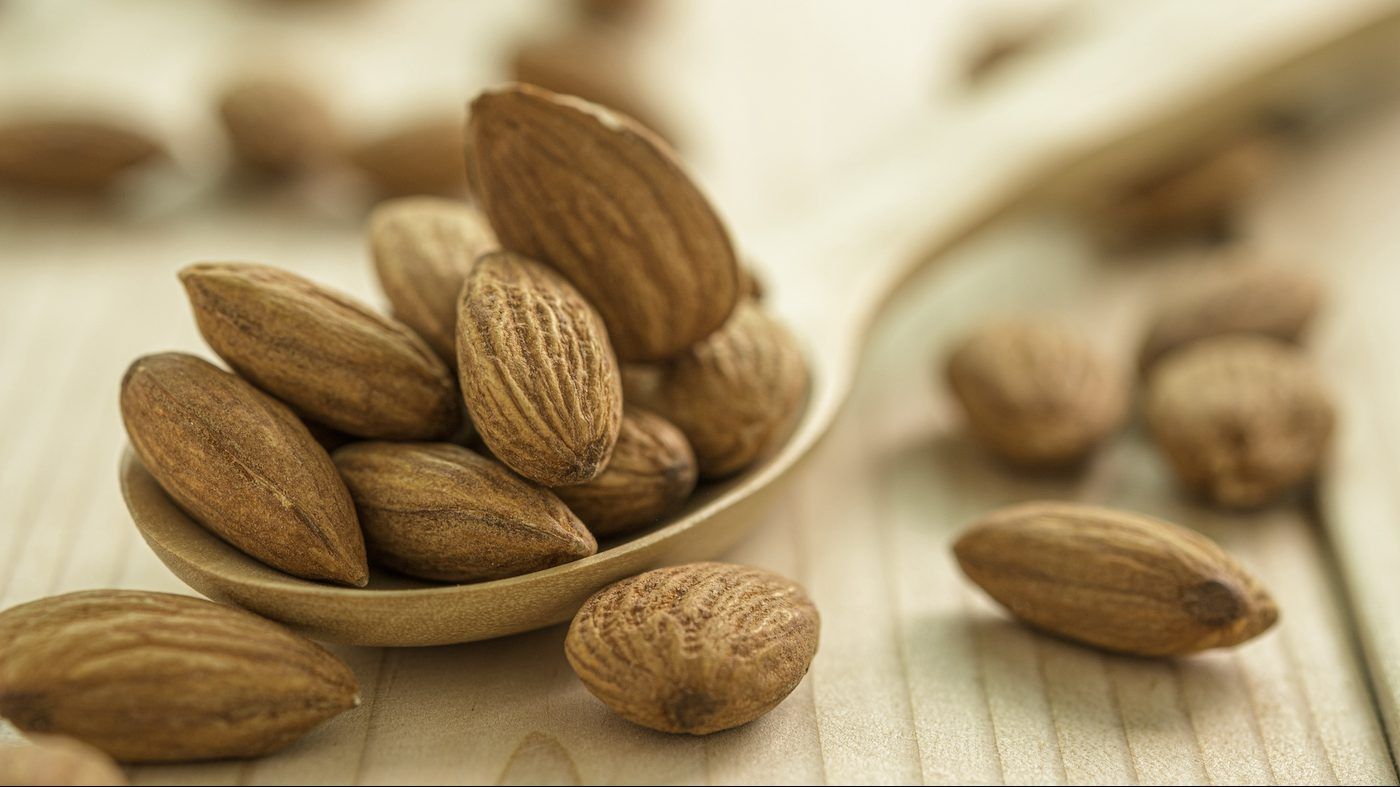healthy eating: almonds, the favourite super food with a poisonous cousin
eating sweet almonds is linked to a lower risk of developing obesity, coronary heart disease and cardiovascular disease. bitter almonds, however, contain glycoside amygdalin — which is poisonous to humans.
healthy eating: whatever you do, wash your strawberries before you eat them
strawberries, the delicious red summer staple, aren't really berries at all — and their rough skin can harbour viruses from fecal contamination.
a 'longevity success story': canada's growing 85-plus group makes us wonder what the key is to healthy aging
social isolation and loneliness takes years off your life, says laura tamblyn watts, founder, president and ceo of canage, a national seniors’ advocacy organization.
 3 minute read
3 minute read




















